‘A problem shared, is a problem solved’
19-11-2020Jambitor Marketing Cooperative (JMC) in South Sudan is an organisation with five producing groups and a total of 200 members, who are all involved in production and they are accessing services from the cooperative. The cooperative members are producing vegetable and cereals. They are very happy with the cooperative services. Working together has helped them to approach farming as a business and they started to invest their money in the cooperative and to sell their produce to the cooperative and paying 10% of the profit to the cooperative to support its operation.
The cooperative’s activities are marketing of the member produce, credit business, value addition to some commodities and input business. As a cooperative the members increased their production base of the cooperative activities.
Before COVID-19, floods and locusts
The cooperative business is functioning well, and members are producing and selling through the cooperative. They are paying a 10% profit to the cooperative and the members have access to all services that are provided by the cooperative. The cooperative was able to conduct an AGM and elected new board members. Training of the cooperative members and experience sharing with other cooperatives during the training was very good and they were able to learn from other cooperatives. The members profit went up 100% after the produce was sold by the cooperative.
Below are some pictures of their activities:
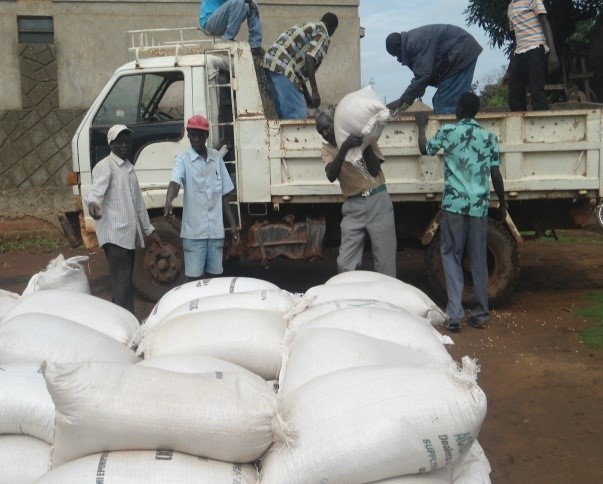
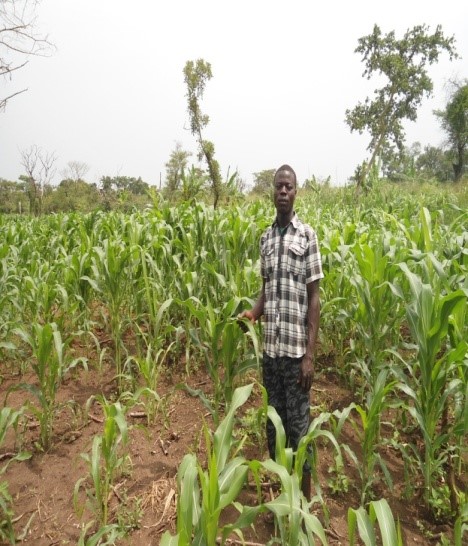
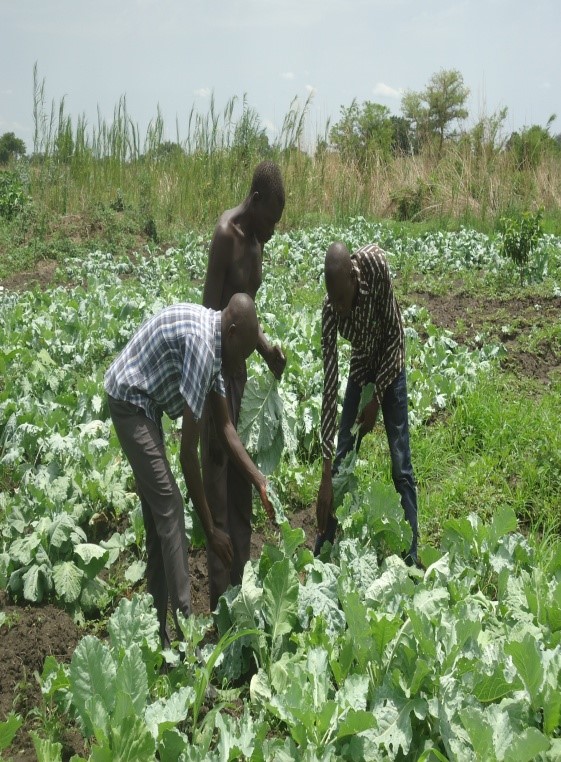
After COVID-19, floods and locusts
When the locust plague started, most of the cooperative members were not sure how to deal with this. Clara S. G Lumori, chairlady of JMC: “I asked myself how to address the locust plague and how to handle it as a cooperative. We started to look at different options and came up with ideas on how to maintain production and just how to be in business. As if this wasn’t enough, the corona crisis started, which meant we could no longer work together. Extension support to the producing group was limited, due to high cost of transport and joint activities were postponed due to government restrictions. As a cooperative we did not want to see things run out of hand, so we started to engaged our contact leaders, who were able to support some of the members to continue with production and deliver extension support to the cooperative members.”
When the produce was about to be harvested the flooding started. Most of the members’ farms were affected. They could not harvest any crop and things were very hard to handle. The members could not pay the loans taken out for production and the inputs they had taken from the cooperative and the cooperative could not sell much, so they could not get the 10% profit from the members. Limited capacity to supply adequate and timely farm inputs to members and price fluctuations in the local markets was another challenge facing the cooperative. Clara S. G Lumori: “As a cooperative the only thing we could do was to work together, because it is not easy to handle this as an individual farmer.”
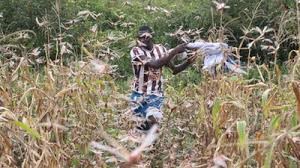
The locusts on the farms
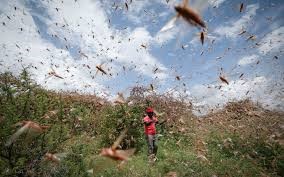
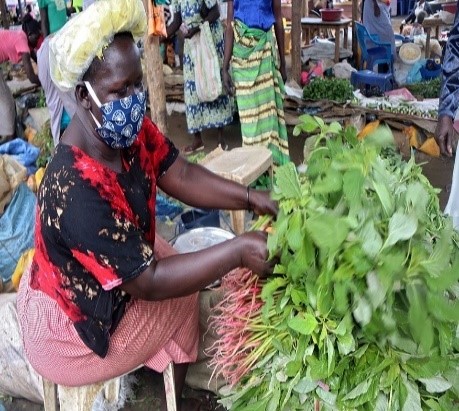
Covid-19 affected marketing of the cooperative produce, like vegetables
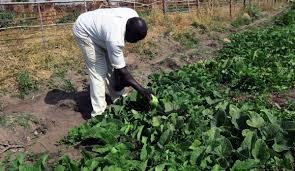
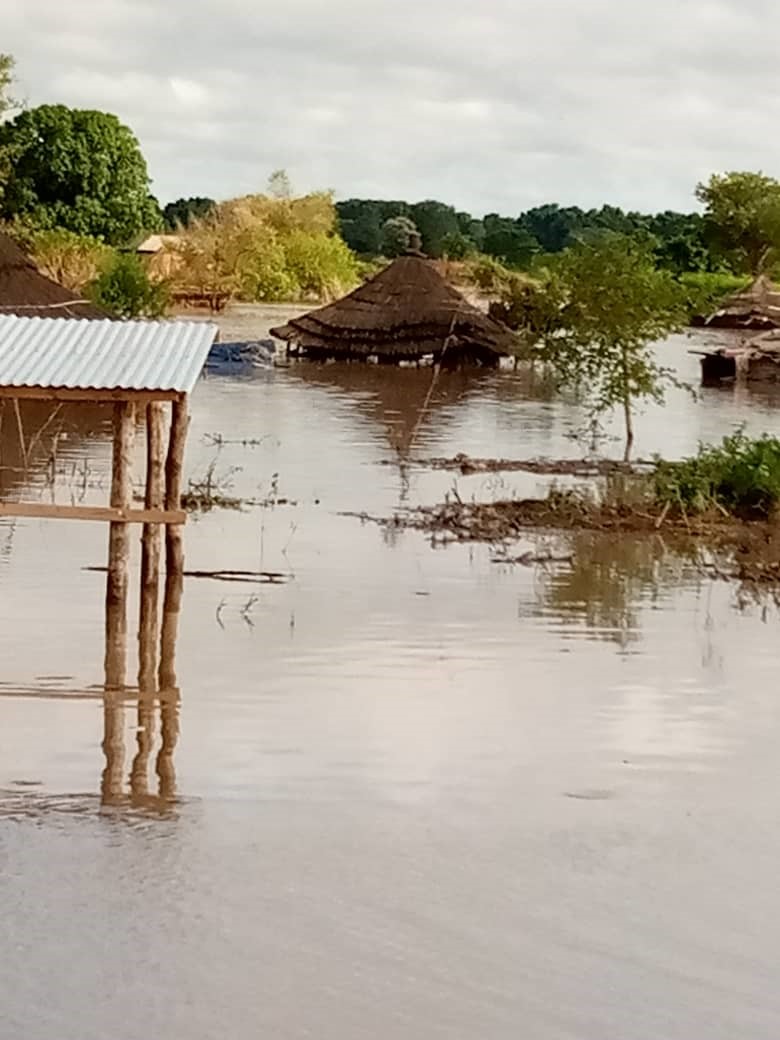
Flooding on the farms destroyed crops and houses
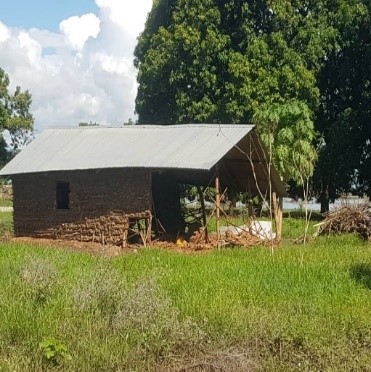
The cooperative learned the hard way and hard time requires hard thinking, so they started to introduce livestock and poultry to their cooperative. This supported the members in case the crops failed. The cooperative also started to use the money in its reserve account to support the cooperative members to start up again after the crises.
Clara S. G Lumori: “We are still recovering, but as a cooperative, we have learned valuable lessons from the crises. Thank you for realising what we are going through and as the saying goes: ‘A problem shared, is a problem solved’.”
